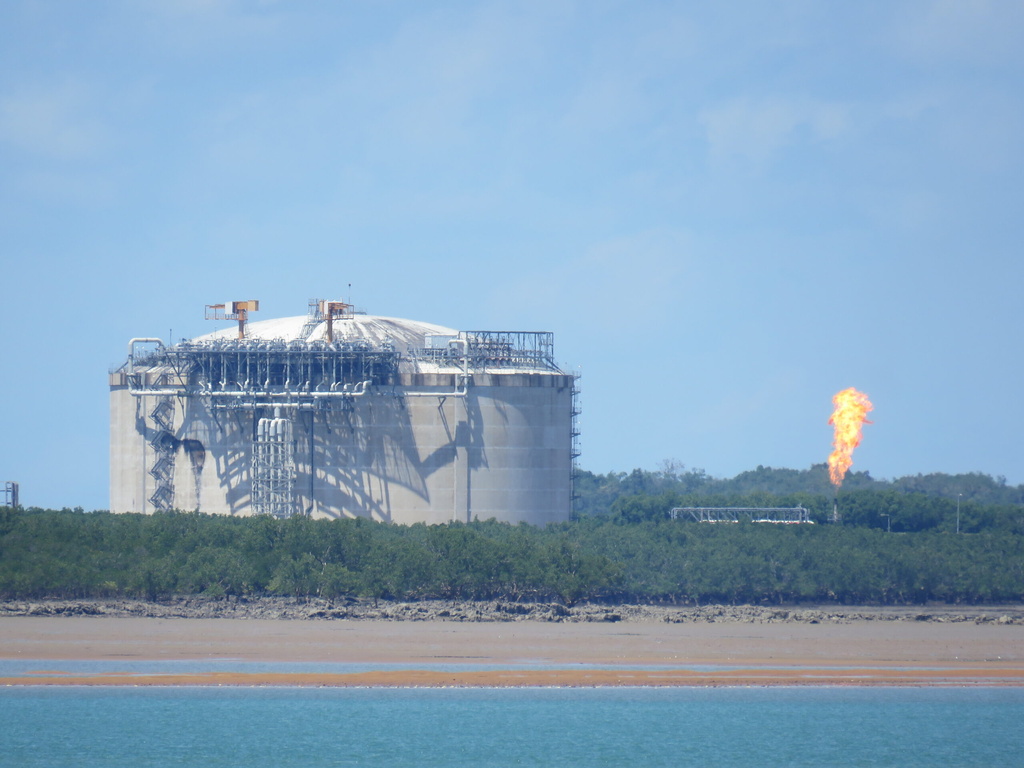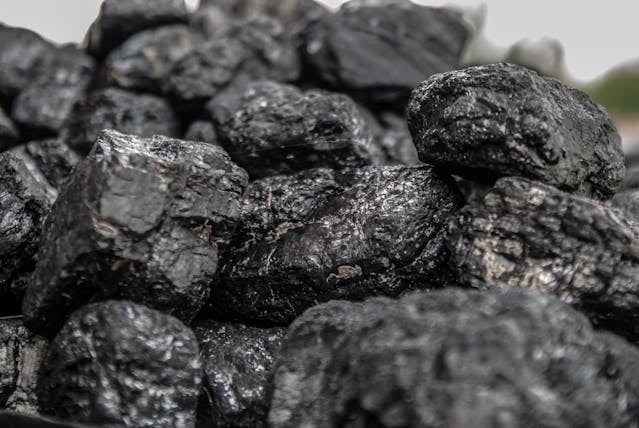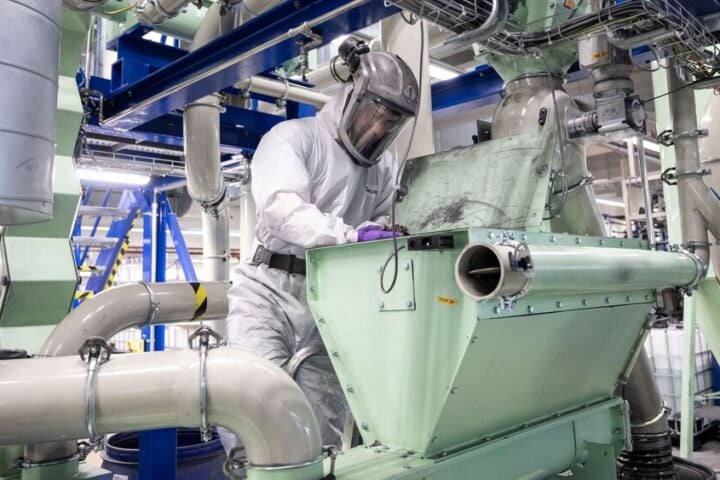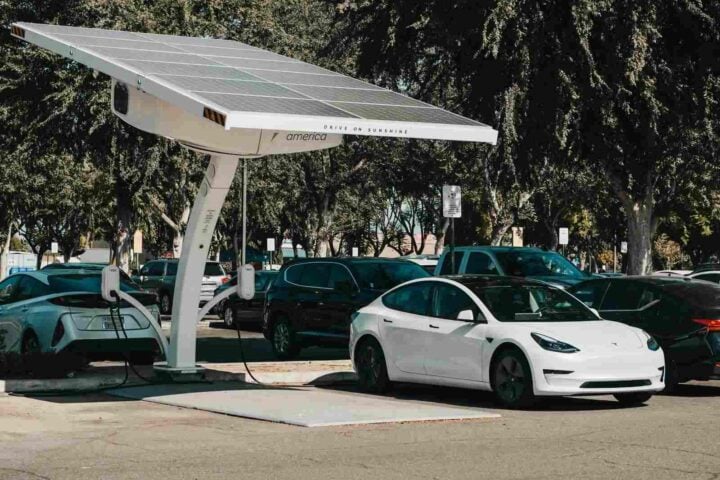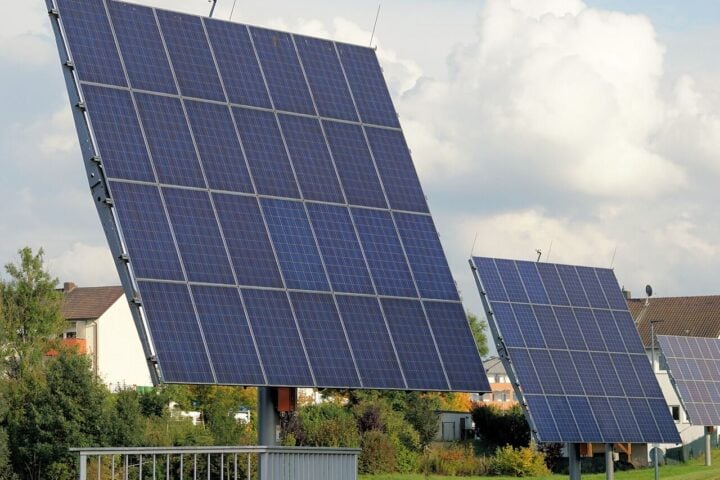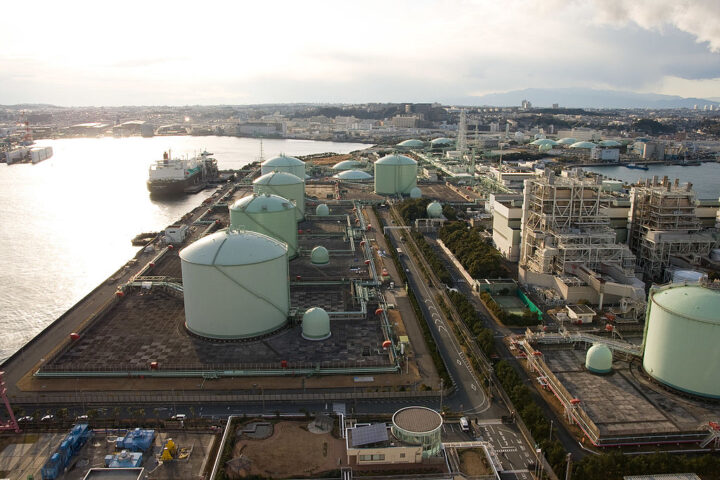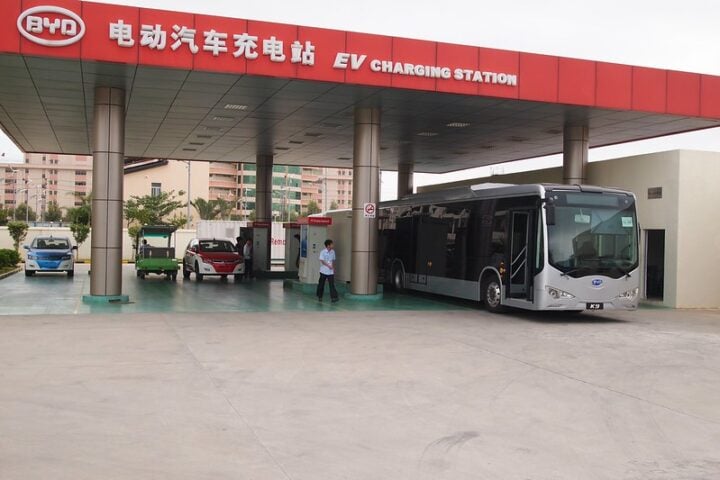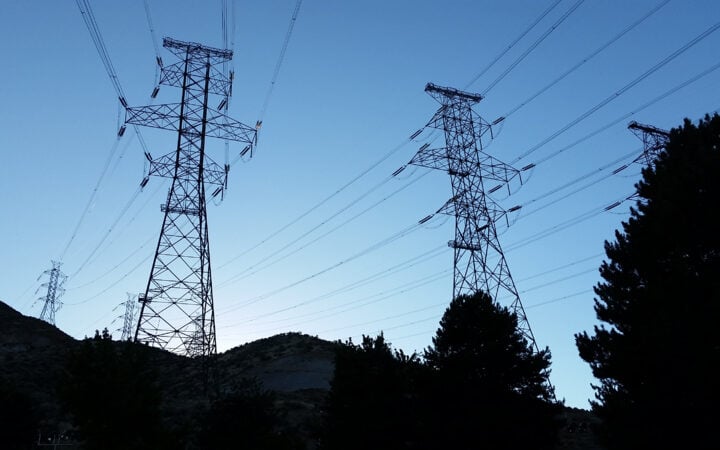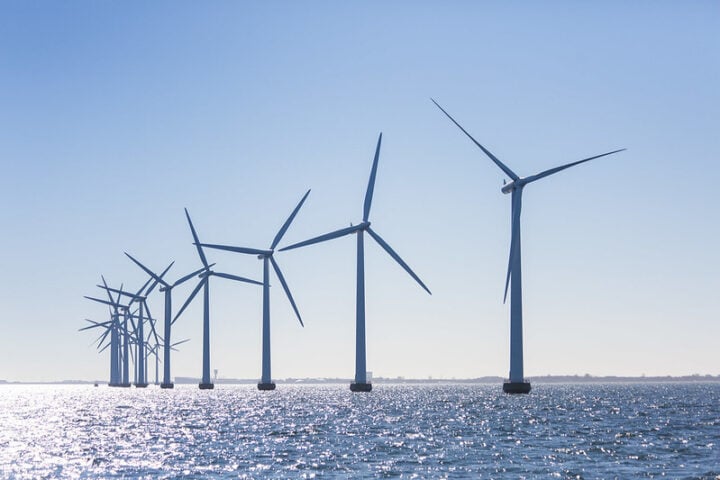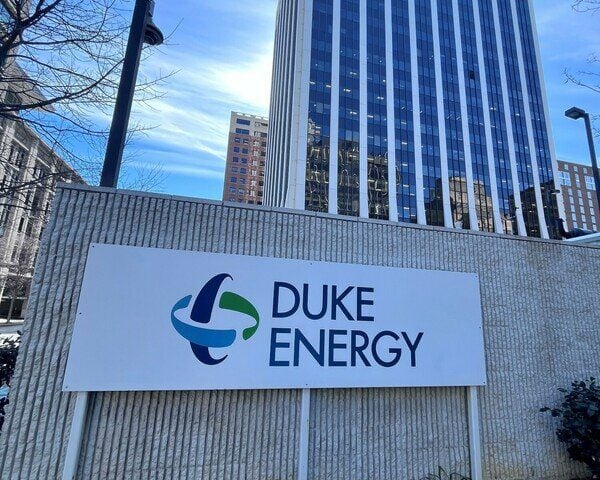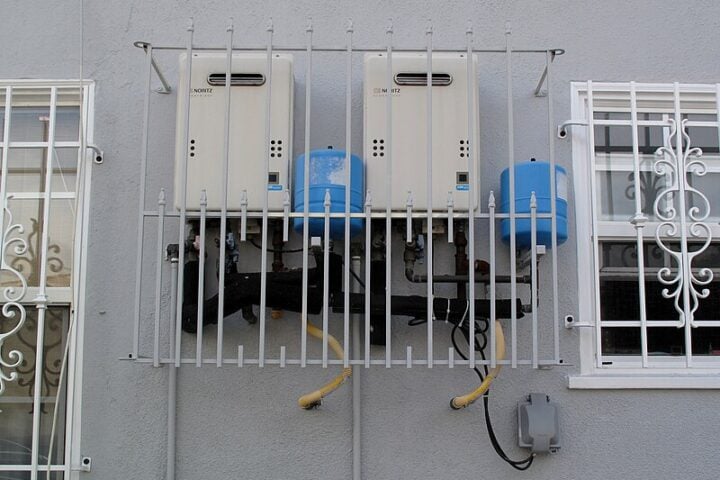The Australian Government, one of the world’s largest gas exporters, released a plan on Thursday to boost gas exploitation in the coming decades, despite its commitment to achieving net zero emissions by 2050.
“The Strategy makes it clear that gas will remain an important source of energy through to 2050 and beyond, and its uses will change as we improve industrial energy efficiency, firm renewables, and reduce emissions.”Australian Minister for Resources Madeleine King said in a statement on Thursday.
The ‘Future Gas Strategy,’ published today, seeks to prevent gas shortages in Australia by promoting gas projects to ensure that this fossil fuel continues to be exported and remains affordable for Australian families and businesses. It also encourages the leasing of a greater amount of maritime surface for carbon capture and storage, among other measures to ensure a safe transition to a green economy.
“Ensuring Australia continues to have adequate access to reasonably priced gas will be key to delivering an 82% renewable energy grid by 2030, and to achieve our commitment to net zero emissions by 2050,” stated the minister from the Labor government of Anthony Albanese, who came to power with the promise to combat the climate crisis.
Similar Post
This resource represents 27% of the Australian energy market and 14% of the country’s export revenues, which will obtain about 72,000 million Australian dollars (47,398 million US dollars or 44,078 million euros) from the sale of liquefied natural gas in the fiscal year 2023-2024, according to official data.
“Labor has announced a supposed strategy to extend the life of the climate-wrecking gas well beyond 2050. This is a giant step back to a dark past, terrible for our climate future and it must be abandoned,” criticized today the Australian Conservation Foundation on the social network X.
On the other hand, the Australia Institute emphasizes that the plan overlooks that only a minimal part of gas production is destined for the domestic market, given that the majority is exported to nations such as Japan and South Korea.
This non-governmental organization also criticized the government on Thursday for basing its strategy on a “false promise” of carbon capture and storage to justify the expansion of these polluting activities.
The Australia Institute also emphasized in its statement that, for example, one of Chevron’s liquefied natural gas projects will release 3 billion tons over the next five decades, which contrasts with its program to capture polluting emissions, which has so far captured just over 9 million tons.
